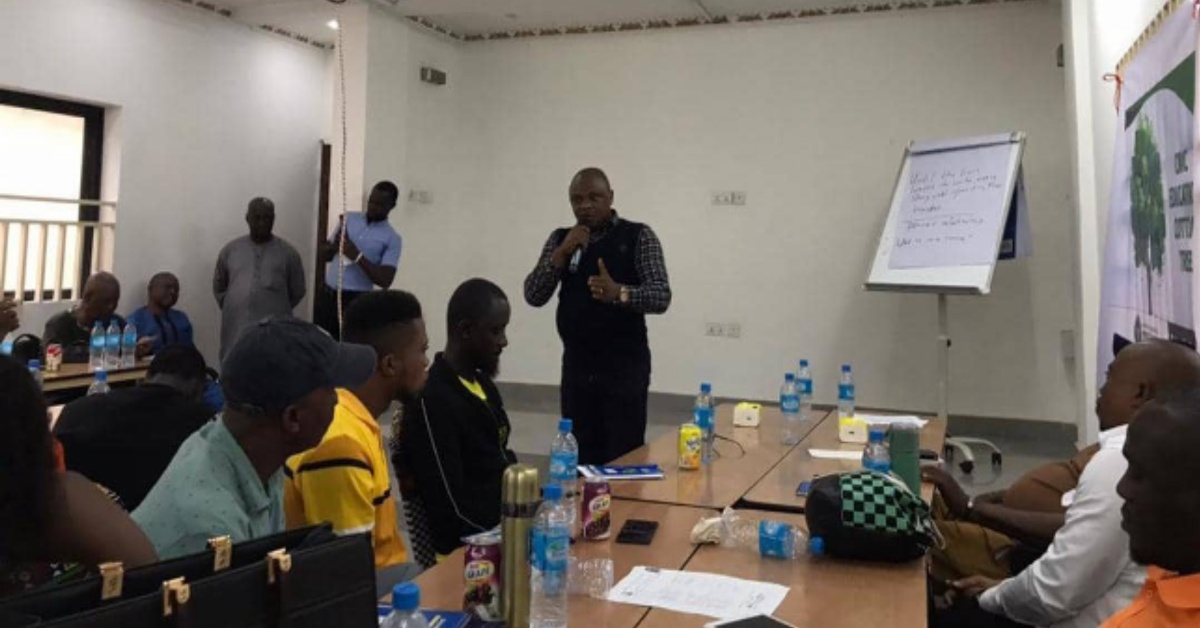Ministry of Information and Civic Education Minister Chernor Bah on Wednesday 26th June 2024, officially launched a four-day stakeholders consultative meeting on Civic Education, National Film Policy , Records of Archives , and the National Media Policy in Makeni.
The event has brought together participants from Kono, Kambia, Port Loko, Tonkolili, and Karen districts and also representatives from local print and broadcast media.
While addressing the gathering, Bah emphasized the importance of these consultations, highlighting the government’s commitment to engaging citizens nationwide to promote self-consciousness through civic education. He stated, “Civic Education is a foundation of national development. Without a sense of national identity and patriotism, you cannot build national cohesion or develop an identity to tell your country’s story. Therefore, developing a national strategy on civic education with the masses across all regions and districts is critical to every national development agenda by the new government.”
Bah further encouraged the diverse group of participants, which included traditional and youth leaders, activists, bloggers, journalists, and representatives of disabled groups, to freely share their thoughts and assured them that their voices would be heard and their recommendations considered in the final policy.
- Sierra Leone’s President Julius Maada Bio Recognises and Coronates Eight New Paramount Chiefs, Encourages Them to Be Peace Ambassadors
- US Visa Suspension Sparks Concern Among Sierra Leoneans, Minister Kabba Speaks Out
- President Bio’s Speech at the African and Diaspora Young Leaders Forum During The U.S-Africa Leaders Summit
The consultations which is been held at the Royal Hotel in Makeni, will conclude on Saturday 30th June 2024.
The event features presentations from consultants, including Professor Joe A.D. Alie, statements from government officials, contributions from the United Nations Development Program (UNDP), and interactive group work sessions.
Regent Chief of the Bombali Sebora Chiefdom, Foday Conteh, in his statement shared his positive impressions of the first day, stating, that the dialogue was interactive and informative. “It exposed me to new ideas about our duties and responsibilities to our country. Our recommendations were compelling, and we hope they’re fully captured so the people on whose behalf we spoke will appreciate our contribution to the policy aimed at enhancing national development, peace, and national cohesion in Sierra Leone.”
John Fatu Kanu, a visually impaired participant representing the National Commission for Persons with Disabilities (NCPD) in the Northern Region, echoed these sentiments. He praised the inclusive nature of the process and strongly recommended that the final policy be made accessible for persons with disabilities, including being available in braille.
The ongoing dialogue demonstrates Sierra Leone’s dedication to fostering a well-informed citizenry through comprehensive and inclusive civic education policies.











